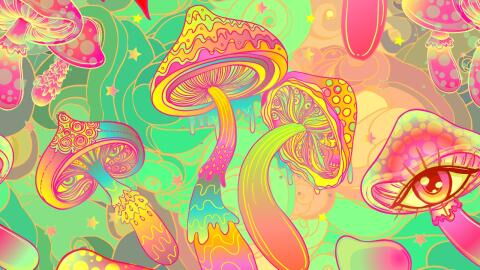Major depressive disorder, or clinical depression, is characterized by a persistent feeling of sadness and loss of interest in daily life, which can lead to serious emotional and physical problems, including suicide.
Discover our latest podcast
So in order to better understand what is going on chemically in the heads of those affected, researchers at the Douglas Mental Health University Institute (Canada) studied the cellular composition of the brains of depressed men who died by suicide. And, according to their conclusions, published in the journal Frontiers in Psychiatry on February 4, 2021, they shared one thing in common.
A decrease in the number of astrocytes
Scientists have identified, through post-mortem tissue analysis, a notable difference between the cellular composition of the brain in individuals who have committed suicide compared to that of individuals who died suddenly from other causes: the number of astrocytes, star-shaped cells essential for optimal functioning of neurons, were reduced in the former.
But while this number differs, people with depression nevertheless had astrocytes with a similar structure to that of people in good psychiatric health, which means that these cells would not be directly affected by depression, only their amount. Naguib Mechawar, professor of psychiatry at McGill University (Canada) and main author of this article, states in a press release:
This research indicates that depression may be linked to the cellular makeup of the brain. The promising news is that unlike neurons, the adult human brain is continually producing many new astrocytes.
Treatments that target this phenomenon
He continues:
Finding ways to strengthen these natural brain functions can improve symptoms in people with depression.
The researchers recommend developing drugs that could neutralize this loss of astrocytes. At the moment, no antidepressant specifically targets these cells. But ketamine, a relatively new and lifesaving treatment in patients for whom no other drug works, indirectly corrects astrocytic abnormalities.
The authors of the study, however, stress the limitations of their research, particularly the fact that the samples were taken exclusively from male patients. They wish to expand the data, 'because it is now known that the neurobiology of depression differs quite significantly between men and women,' they write.















